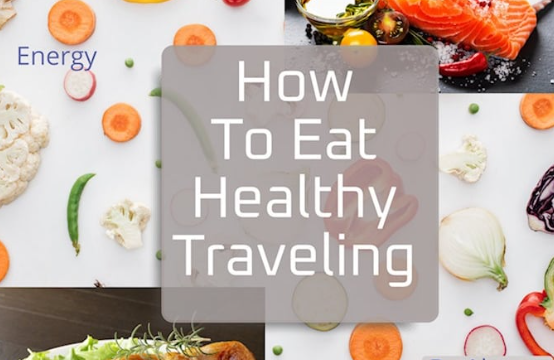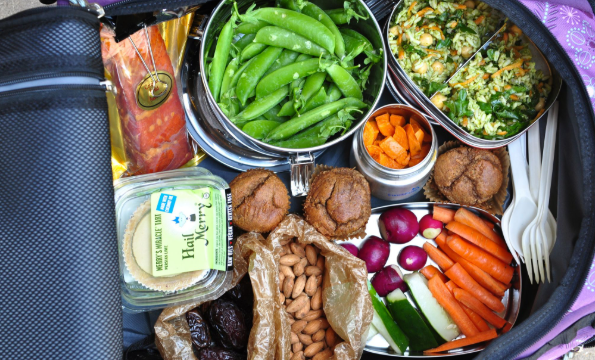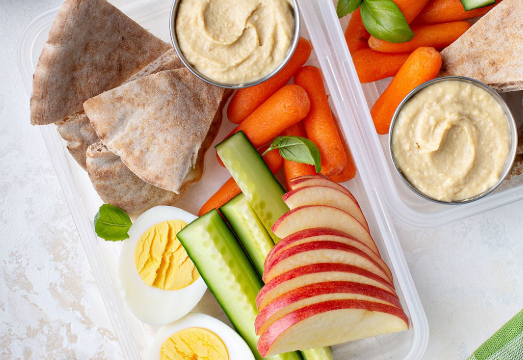Bloating can leave you feeling uncomfortable, sluggish, and frustrated. Fortunately, simple dietary changes can help minimize bloating and promote better digestion. By focusing on whole, nutrient-dense foods and avoiding common triggers, you can reduce bloating naturally and feel your best. Here’s how to design a diet that supports a lighter, more comfortable you.
1. Focus on Anti-Inflammatory Foods
Chronic inflammation can contribute to digestive issues and bloating. Incorporate plenty of:
- Leafy greens (spinach, kale, arugula)
- Berries (blueberries, strawberries)
- Fatty fish (salmon, sardines)
- Turmeric and ginger
These foods help soothe the digestive tract and promote overall gut health.
2. Limit Gas-Producing Foods
Certain foods are notorious for causing gas and bloating, such as:
- Beans and lentils
- Cruciferous vegetables (broccoli, cauliflower, cabbage)
- Onions and garlic
You don’t have to eliminate them completely, but cooking them thoroughly and eating smaller portions can help minimize discomfort.
3. Choose Low-FODMAP Foods
A low-FODMAP diet can significantly reduce bloating, especially for individuals with irritable bowel syndrome (IBS). Low-FODMAP foods include:
- Zucchini
- Carrots
- Strawberries
- Oats
Work with a healthcare professional before starting a full low-FODMAP plan to ensure you’re meeting your nutritional needs.
4. Stay Hydrated
Dehydration can lead to water retention and bloating. Aim for:
- 6–8 glasses of water per day
- Herbal teas like peppermint or ginger, which can help soothe digestion
Proper hydration keeps your digestive system running smoothly.
5. Eat Smaller, More Frequent Meals
Large meals can overwhelm your digestive system and cause bloating. Instead:
- Eat smaller portions more frequently throughout the day
- Chew food thoroughly to ease digestion
This approach reduces the workload on your gut and prevents excess gas buildup.
6. Incorporate Probiotic-Rich Foods
Probiotics support a healthy gut microbiome, which can help minimize bloating. Try adding:
- Yogurt with live cultures
- Kefir
- Sauerkraut
- Kimchi
Introducing beneficial bacteria into your diet can promote better digestion and reduce symptoms of bloating.
7. Minimize Salt and Processed Foods
Excess sodium causes your body to retain water, leading to puffiness and bloating. Limit:
- Packaged snacks
- Canned soups
- Fast food
Opt for fresh, whole foods prepared at home whenever possible.
Final Thoughts
Reducing bloating naturally starts with mindful dietary choices that prioritize gut health and minimize common irritants. By focusing on anti-inflammatory foods, staying hydrated, choosing low-FODMAP options, and incorporating probiotics, you can enjoy smoother digestion and greater comfort. Small changes can make a big difference—listen to your body and adjust your diet to support your overall well-being.






